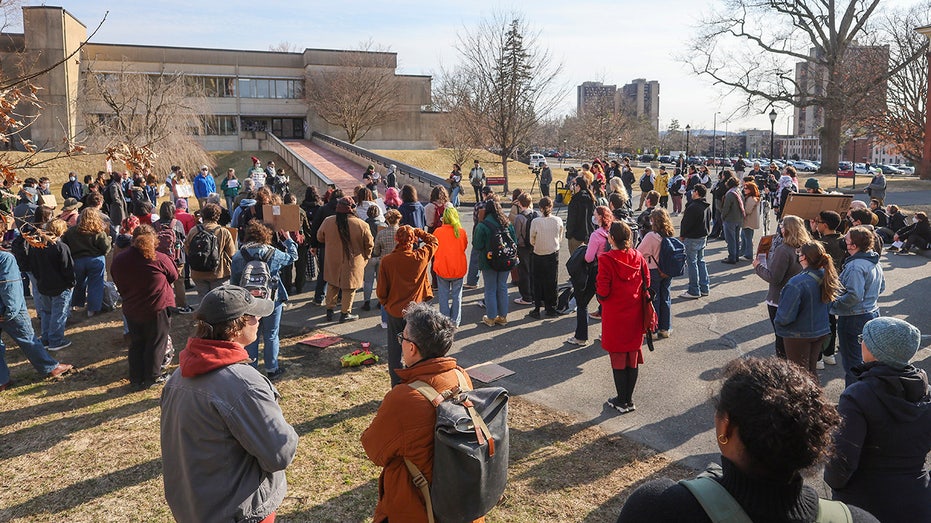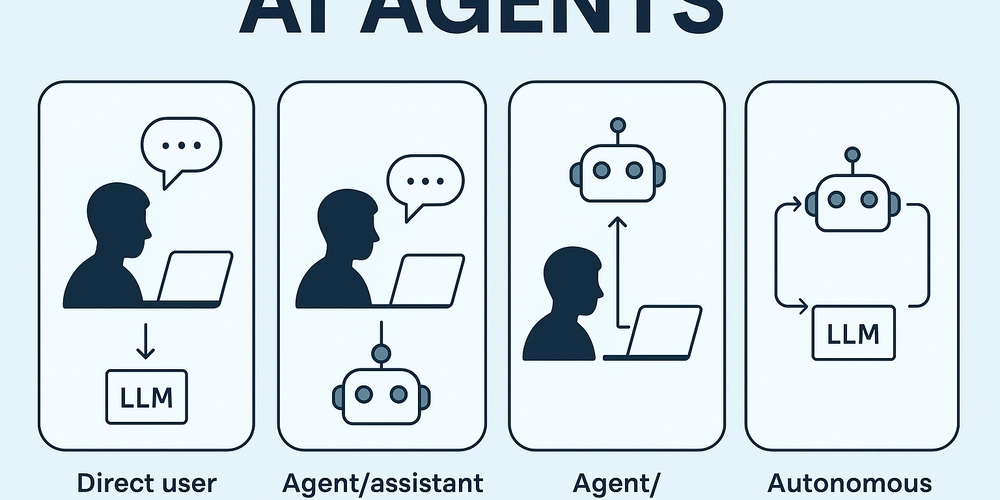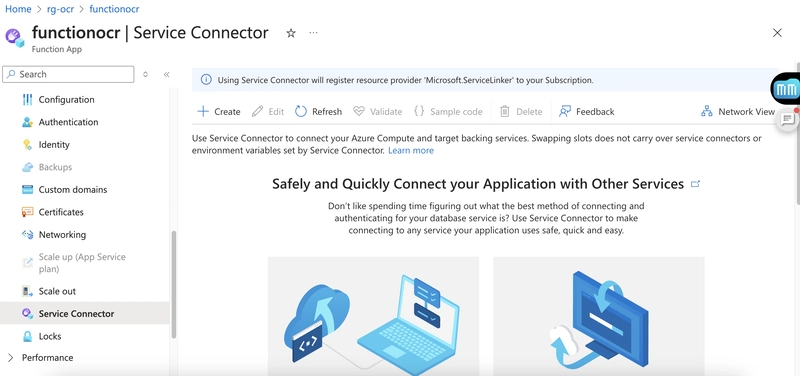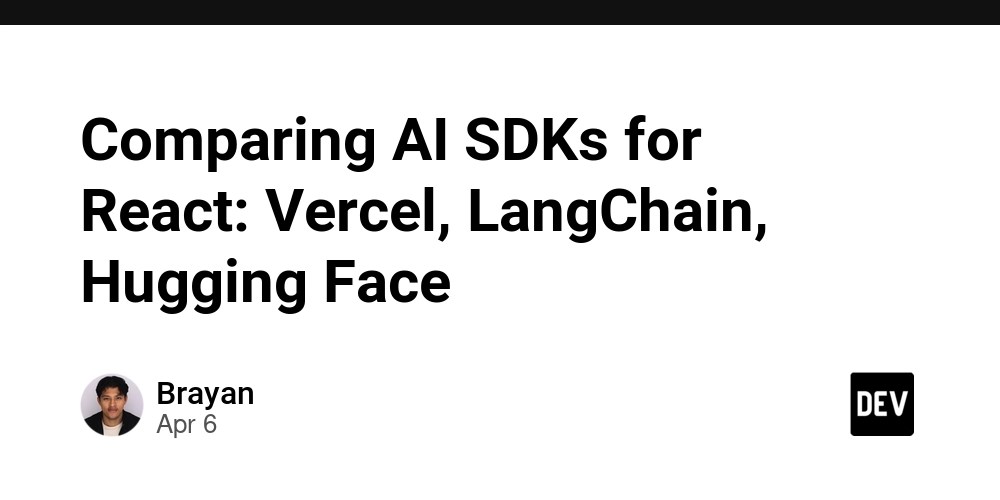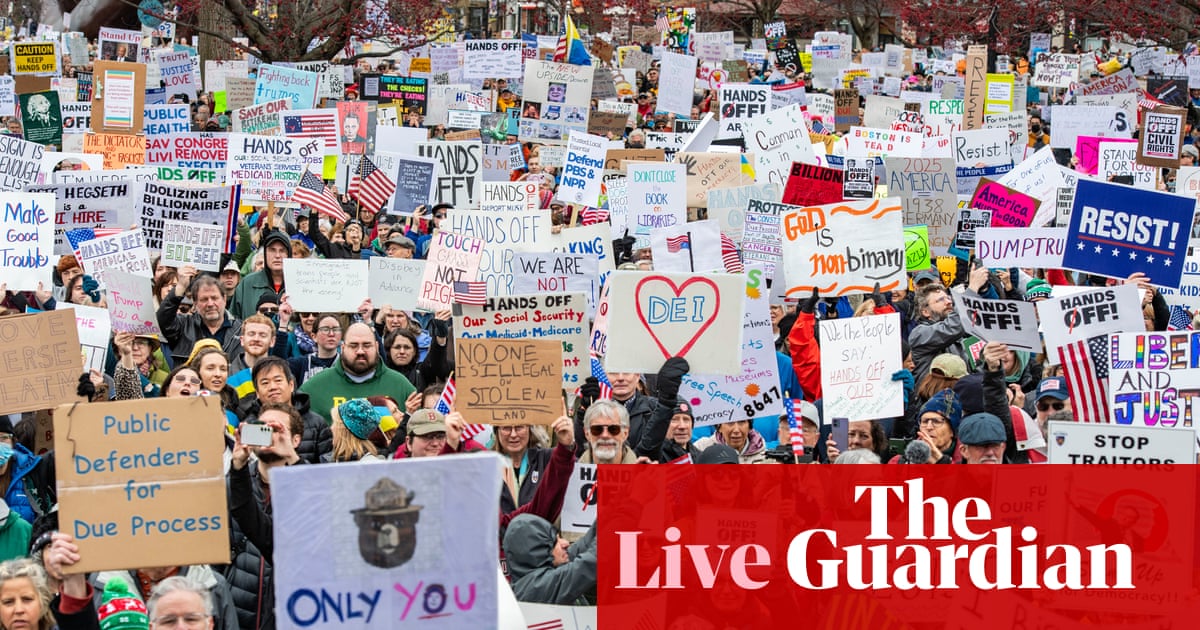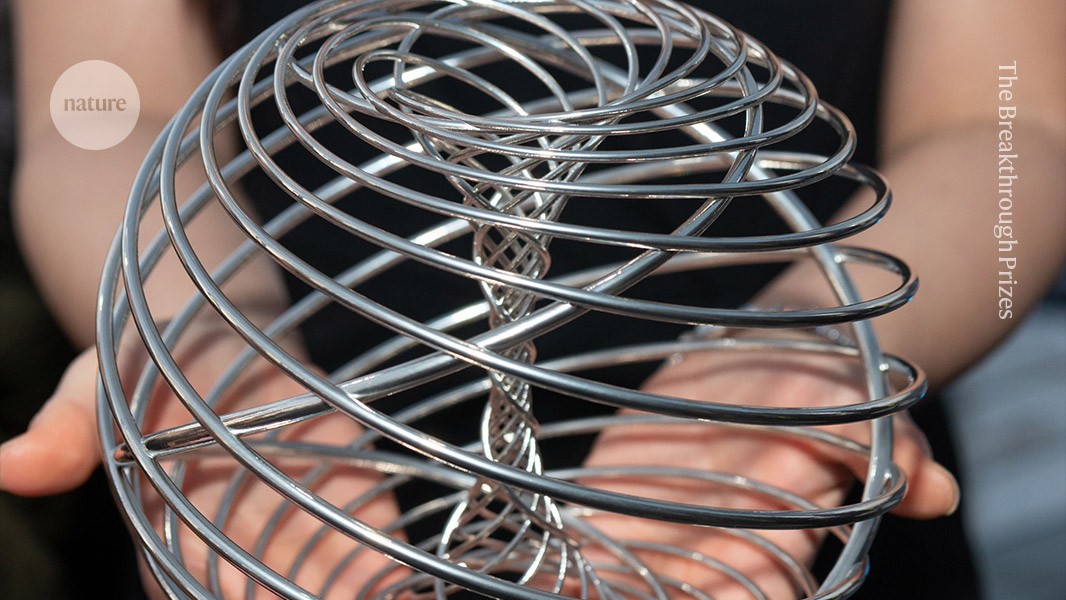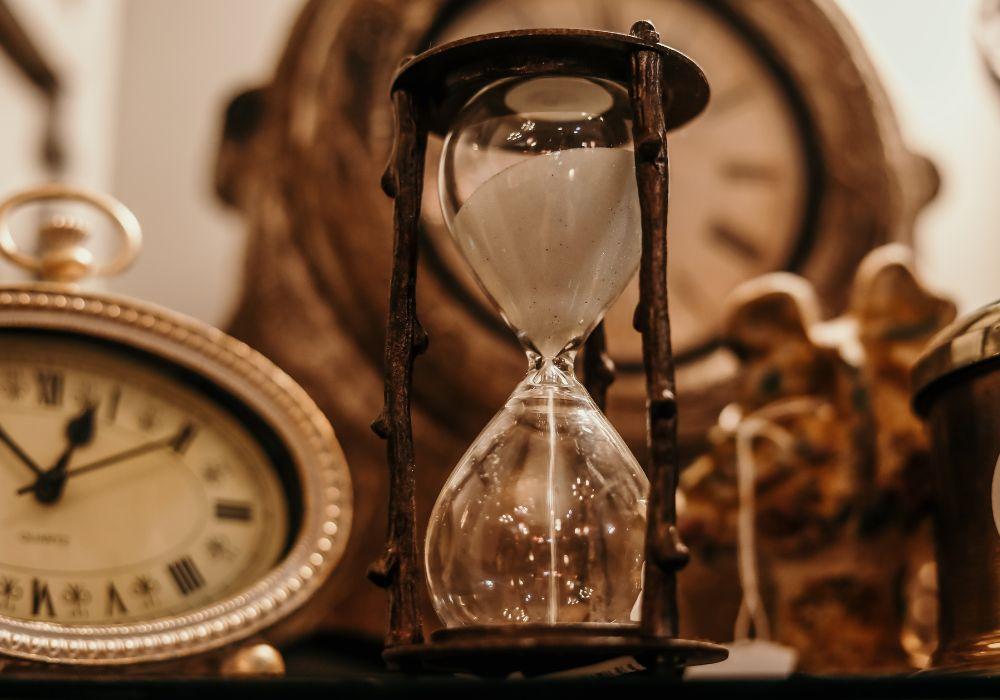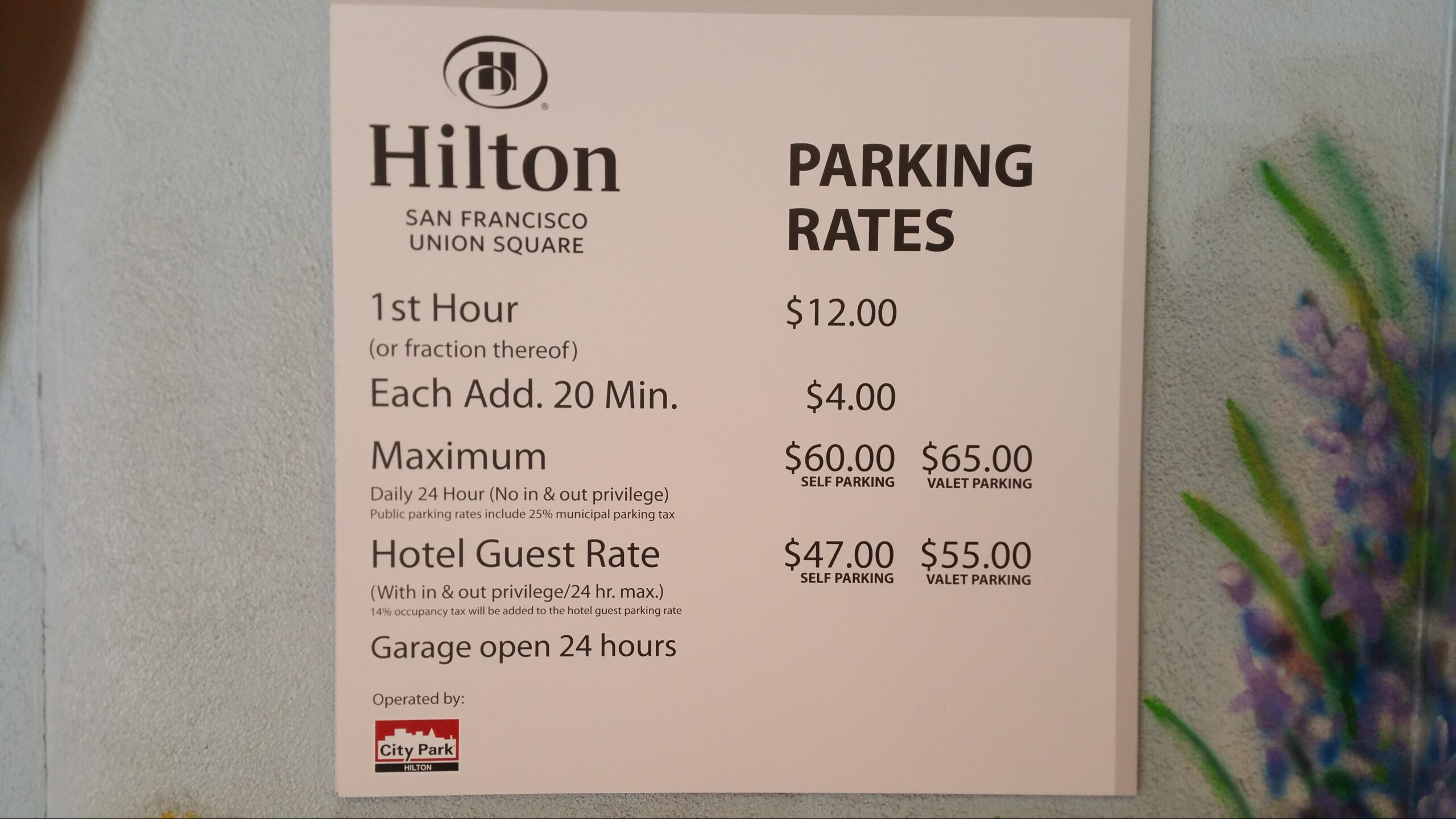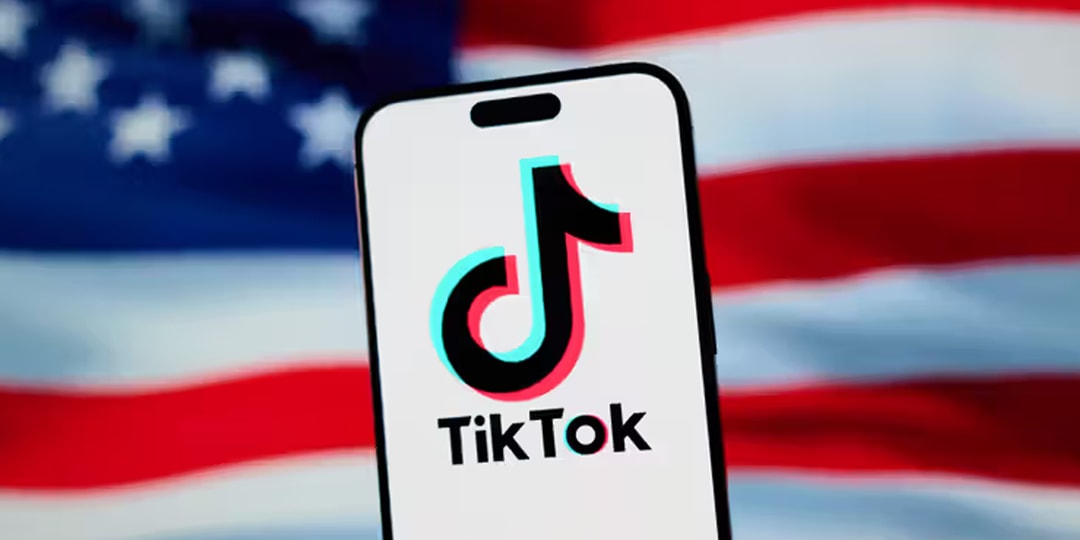The Unending Trouble With TikTok
President Trump once again extended the app’s lifeline in America. Will this ever end?

Déjà vu: TikTok’s time was nearly up, and then President Donald Trump stepped in to save it. This happened in January, and also earlier today, when Trump said that he will sign another executive order to delay a possible ban on the social-media app.
Out of concern about the app’s possible weaponization by the Chinese government, Congress passed a law in April 2024 that required TikTok to spin off from its Chinese owner, ByteDance, or else stop operating in the United States. When the deadline for such a sale initially arrived earlier this year, American TikTok users had the hallucinatory experience of losing access to the app … for 14 hours. Trump intervened for the first time then by pushing the deadline for a sale back for 75 days—an extension he is now doubling—and the app soon came back. Months of news coverage, analysis, discussion, viral memes, and even some widely covered “Keep TikTok” protests outside the U.S. Capitol culminated in a brief shutout and a punted deadline. The app reappeared with a pop-up message thanking Trump for the reprieve: “As a result of President Trump’s efforts, TikTok is back in the U.S.!”
TikTok went back to business, mostly as usual. Many American companies and rich people have been rumored to have an interest in acquiring the app. These have ranged from the interesting but unserious (YouTube personality MrBeast or one of the Shark Tank guys) to the serious but uninteresting (current TikTok U.S. data-center operator Oracle) to the obvious names that would pop up no matter what big tech acquisition we were talking about (Elon Musk, Amazon, Microsoft). In his post today, Trump alluded to a pending deal without specifics. “My Administration has been working very hard on a Deal to SAVE TIKTOK, and we have made tremendous progress,” he said. “The Deal requires more work to ensure all necessary approvals are signed.”
This drama is getting tiresome. It’s just an app, and many Americans—at least those who are old enough to vote—don’t actually care that much about it. A 2023 Pew Research Center survey found that TikTok’s popularity was second only to YouTube among teenagers, but it’s far from the country’s most popular social-media app overall, despite its salience as a conversational stand-in for “internet culture” or “annoying thing that young people like.” “It’s a lot of fanfare and suspense over an app that, well, just isn’t all that important,” Kate Lindsay wrote in The Atlantic in January, pointing out that only a third of U.S. adults interviewed for another Pew survey said they’d ever used it. (More of these people say they use Pinterest!) Among young adults, she added, Snapchat and Instagram are more popular.
More recent polling from Pew shows a country with negative but not-very-strong feelings about the ban. Fifty percent of adults supported the idea in March 2023, and that number has now dropped to 34 percent. The percentage of Americans who oppose it has grown from 22 percent to 32 percent. But the percentage of Americans who say they’re not sure about it has risen as well, from 28 to 33 percent. We have approximately a three-way tie on the issue, with opposition and support about as prevalent as shoulder shrugs. Pew didn’t see a big partisan divide on this, either—39 percent of Republicans support the ban, compared with 30 percent of Democrats. People who oppose the ban tend to do so on free-speech grounds, whether they are Democrats or Republicans. They also tend to say they’re unconvinced by arguments about TikTok’s threat to national security.
Perhaps the problem is that these arguments were abstract in the way that data protection is always kind of abstract. They also seemed hypothetical, because as far as the public knows, the U.S. currently has no evidence that Chinese intelligence has ever accessed Americans’ data en masse via TikTok. That’s not to say there’s no chance that TikTok could be used for some nefarious purpose, but the app is not exactly an outlier in this regard; ByteDance employees have been caught using it to track journalists, for example, similar to the accusations more than a decade ago that employees at Uber were using their app’s “God View” to track individual users. The government has also made it seem like we have bigger problems on our hands when it comes to China (and not just a trade war). For instance, the Biden administration accused the Chinese of intelligence efforts to gain control of American power grids and water pipelines, which sounds acutely terrifying; the vague notion of China pushing propaganda on social media falls more into the bucket of “not ideal.” Trump acknowledged this disconnect in January with his signature wild directness: “Is it that important for China to be spying on young people? On young kids watching crazy videos?”
Of course, he was also the one to have first proposed the ban, back in 2020. At that time, some of his more important allies were anti–social media, arguably anti-tech Republicans such as Senator Josh Hawley of Missouri, who argued strenuously that TikTok was an urgent threat to national security. This was a time-limited approach—years passed and nightmare scenarios remained hypothetical. And Trump’s commitment to the ban disappeared when he was out of office. While campaigning in 2024, Trump made a TikTok account that now has more than 15 million followers; in his second term, his administration is tightly knit with the tech industry.
During President Joe Biden’s term, Congress followed through on the ban seemingly because it represented a quick and dramatic intervention to ease anxieties about social media in general. (This is the logic behind the billionaire Frank McCourt’s bid to acquire the app and strip it of its famous recommendation algorithm.) But Americans don’t currently appear to care very much about the narrative that TikTok is addictive, either. Fewer than half of the Pew respondents who said they support a ban cited people spending too much time on TikTok as a major reason. It wasn’t among the top three reasons overall.
The law on the books now reads as the semipermanent result of a political moment that has ended. The whole years-long debate may soon feel like a hallucination, too.
